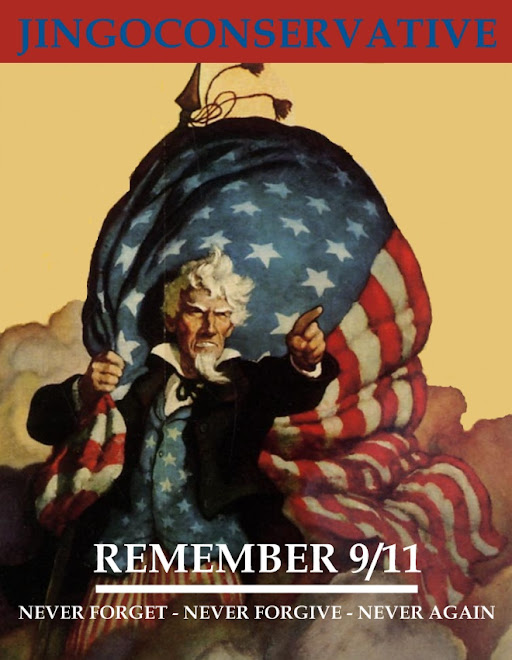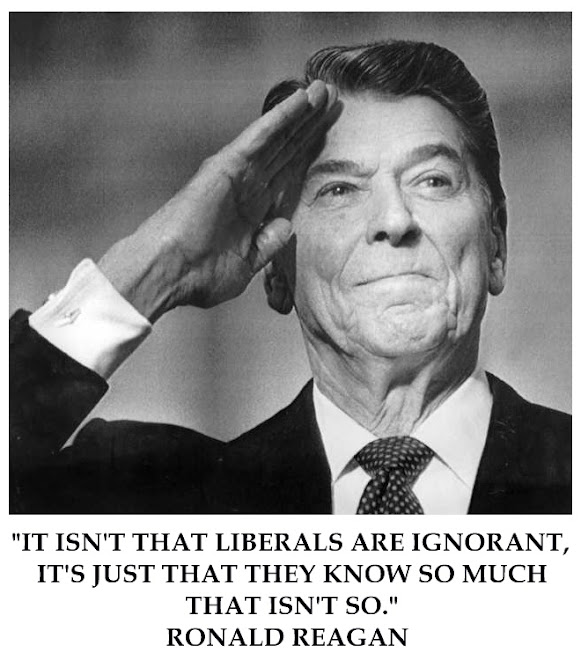President Bush delivered his seventh and final State of the Union speech to the 110th United States Congress Monday evening in the House chamber. The annual event is the single largest gathering of federal government authority in one place at one time, and as one would imagine, security is ironclad. The rituals of the affair are usually more interesting than the actual speech itself. The audience is always a Who's Who of Washington politics, and this time was no exception. First Lady Laura Bush was accompanied for the first time by both Jenna and Barbara. Democratic Presidential candidates Senators Hillary Clinton and Barrack Obama were present, along with Supreme Court Chief Justice Roberts and Associate Justices Alito, Kennedy, and Souder. The President entered as usual after being announced and proceeded down the aisle, glad-handing with members of Congress along the way. It's funny to see which members seem to get the seat next to the aisle every time so they can appear with the President. Some of them are sworn political enemies to the President, but no one can deny the power of television. The customary applause continued as the President delivered a hard copy to House Speaker Pelosi and Vice President Cheney. The roar from the audience continued long enough for Bush to manage three hand shakes with Pelosi. Let's all hope he has hand sanitizer readily available for just such an emergency.
The President began with domestic issues, and the economy was at the top of the list. Bush encouraged the Senate to pass the growth package as soon as possible and without a load of pork added. He also made his pitch for making his tax cuts permanent. In the best line of the night, Bush said he appreciated the enthusiasm of those who would voluntarily pay higher taxes, and said the IRS takes "check or money order". He also vowed to veto any tax increase and by executive order cut 151 wasteful federal programs, saving $18B almost immediately. Bush then laid down the law on earmarks, the spending hidden in legislation without a vote. Saying Congress had failed his request in 2007 to cut them, Bush said he would veto any spending measure that did not cut earmarks be at least half in number and total. He then threw down a gauntlet by saying he would order federal agencies to ignore spending not voted on by the Congress. This policy should have been implemented long ago, and it is one Bush can continue until he's gone. The whole section on earmarks elicited an evil Cheney smirk, most entertaining as he sat next to Pelosi and behind the President.
The remainder of the domestic agenda was expressed as a laundry list of the policies the President hopes to maintain or get at least some movement on before he exits. He called for the reform of Freddie Mac and Fannie May, and called on Congress to provide tax-free bonds to refinance mortgages in danger of foreclosure. Bush restated his policies on health care, education, trade, and federal judges. He also supported an international agreement on greenhouse gasses, then made it a fantasy by saying all the major nations (read China and India) would have to be included. Bush challenged Congress to take action on entitlements, now that his proposals on the matter have been rejected. The President continues to to insist that our borders cannot be secured without a guest worker program, a dubious claim at best. Bush has never been shy about big federal spending on domestic programs, and his proposals Monday evening did not disappoint on that count.
The President shifted to events abroad by reviewing the events in that arena over the past seven years. Calling the war "the defining ideological struggle of the 21st century," Bush thanked Congress for it's support on Afghanistan and quickly moved to Iraq. "Some may deny the success of the surge," the President said, "but... Al Qaeda is on the run in Iraq, ... and this enemy will be defeated." Only the Republican side of the audience rose to cheer that, as often happens during controversial parts of the speech. The Democrat reaction to our undeniable progress in Iraq is a striking denial of reality and reveals their heavy political investment in defeat. Bush promised our military all the tools necessary to defend our nation, and pressured Congress for full funding of our troops on the battlefield. He laid out a gradual troop withdrawal plan for Iraq bringing 20,000 home this year, but only if conditions allow and commanders on the ground recommend doing so. Bush's stance on Iraq has been unwavering, and he will deserve every iota of the credit if we succeed, if for nothing else than refusing to budge.
His emphasis on democracy as a cure for terrorism continues despite dangerous results in the Palestinian territories, as does his inexplicable pursuit of a terrorist state astride Israel. The President called for Iran to abandon it's uranium enrichment and stop support for terror, neither of which is very likely. He did, however, warn Iran that we will defend our troops and our interests in the Persian Gulf. Bush stated American opposition to the genocide in Sudan and support for freedom in Cuba, Zimbabwe, Belarus, and Burma. He also disturbingly requested an additional $50B over the next five years for his African AIDS efforts. That amount of foreign aid could best be used at home or for defense.
The President concluded with veterans affairs. He pointed out funding for veterans programs has increased 95 percent during his administration. Bush called for further funding and a reform of the system. Bob Dole and Donna Shalala, co-chairs of the Commission on Care for Wounded Warriors, were in attendance, and Bush also requested implementation of their recommendations. Our nation would be making a huge leap in veterans care if Congress ever does.
The speech lasted fifty-three minutes and was interrupted by applause seventy times. The networks let the microphones roll as the President made his way out of the chamber. It was a unique insight into the man and the job. It seemed every member wanted an autographed program, and they crowded the aisle and often squeezed the President's shoulder in congratulation. The very same folks will be trying to rip out his political guts tomorrow morning. Members customarily gather in Statuary Hall after the speech to snag interviews and judge the President's performance. It's a fascinating ritual of our republic, regardless of who holds the office. Bush may get some approval for his effort, but the rest will require help from Congress. That's doubtful unless the Dems see political gain in cooperating, a rarity indeed.
Subscribe to:
Post Comments (Atom)




















No comments:
Post a Comment